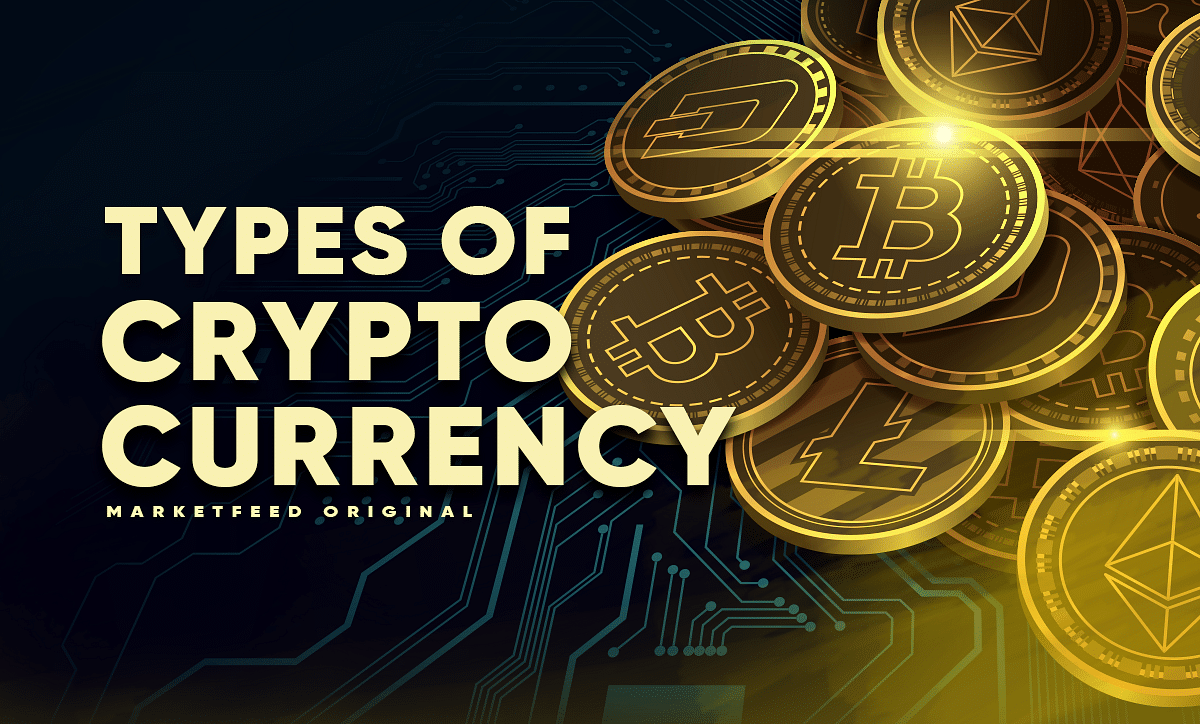Are all cryptocurrencies the same
The UK’s Financial Conduct Authority estimated there were over 20,000 different cryptocurrencies by the start of 2023, although many of these were no longer traded and would never grow to a significant size https://fishbreeding.info/mobile-casinos/real-money/.
The total crypto market volume over the last 24 hours is $172.65B, which makes a 34.94% increase. The total volume in DeFi is currently $27.22B, 15.77% of the total crypto market 24-hour volume. The volume of all stable coins is now $161.34B, which is 93.45% of the total crypto market 24-hour volume.
The very first cryptocurrency was Bitcoin. Since it is open source, it is possible for other people to use the majority of the code, make a few changes and then launch their own separate currency. Many people have done exactly this. Some of these coins are very similar to Bitcoin, with just one or two amended features (such as Litecoin), while others are very different, with varying models of security, issuance and governance. However, they all share the same moniker — every coin issued after Bitcoin is considered to be an altcoin.
Are all cryptocurrencies the same
As your crypto portfolio grows to include various coins and tokens across multiple wallets and exchanges, keeping track of your transactions can become challenging. KoinX simplifies this by automatically syncing your crypto activity, categorising your assets, and generating accurate, country-specific tax reports in just a few clicks. Join KoinX today and take the hassle out of managing your crypto taxes, no matter what type of cryptocurrency you hold.
With so many cryptocurrencies out there right now, there is no single place that grants access to all of them. However, Coinbase Global (COIN 3.86%) is one of the largest trading platforms and currently supports more than 100 cryptocurrencies (including most of the top 10 largest cryptos by market cap). Binance is another top trading platform and is where Binance Coin and tokens can be traded.
We have seen other blockchain projects in the past that have issued tokens that are of no value outside of those projects. If you are a big fan of online role-playing games, you have probably encountered such systems before. You acquire tokens for use in the games you play. Those same tokens are absolutely worthless outside of the gaming environment.
Tokens are not currency at all, though they can represent units of value. Instead, tokens are a form of programmable asset specifically used to create and execute smart contracts. When a token represents a unit of value, it can stand in to represent physical or digital assets, including cryptocurrency, though it is not a unit of currency in its own right. Basically, if you own a token representing an asset, you own a blockchain-verified smart contract connected to the asset in question.
The realm of cryptocurrencies offers far more than just Bitcoin replicas. Each brings its own unique twist on blockchain technology, designed to fulfill different needs. By understanding these differences, you can make informed decisions, exploring this exciting (and sometimes bewildering) world of digital assets. Whether you choose to invest, utilize the technology, or simply learn, remember this: the crypto landscape is constantly evolving, and staying informed will be crucial for navigating this cutting-edge frontier of finance and innovation.

Are all cryptocurrencies based on blockchain
In 2022, hackers did exactly that, stealing more than $600 million from the gaming-centered blockchain platform Ronin Network. This challenge, in addition to the obstacles regarding scalability and standardization, will need to be addressed. But there is still significant potential for blockchain, both for business and society.
A blockchain is a decentralized ledger of all transactions across a peer-to-peer network. Using this technology, participants can confirm transactions without a need for a central clearing authority. Potential applications can include enterprise blockchain applications, sustainability, tokenization, fund transfers, supply chain tracking and many other areas.
Cryptography is the second component. This is the process of encrypting data and changing it to an unreadable format that only someone who knows the secret key can read or decrypt. This technology, which uses a complex public and private digital key system, safeguards cryptocurrencies like Bitcoin.
Because of the decentralized nature of the Bitcoin blockchain, all transactions can be transparently viewed by downloading and inspecting them or by using blockchain explorers that allow anyone to see transactions occurring live. Each node has its own copy of the chain that gets updated as fresh blocks are confirmed and added. This means that if you wanted to, you could track a bitcoin wherever it goes.
All information published on this website is provided in good faith and for general use only. We can not guarantee its completeness or reliability so please use caution. Any action you take based on the information found on cgaa.org is strictly at your discretion. CGAA will not be liable for any losses and/or damages incurred with the use of the information provided.
According to the definition of cryptocurrency, the answer is no. The defining characteristic of any cryptocurrency is that security is ensured with cryptography. Moreover, cryptocurrencies aren’t issued by a central authority, like a bank. In theory, this makes them immune to government interference or manipulation.
SEP
